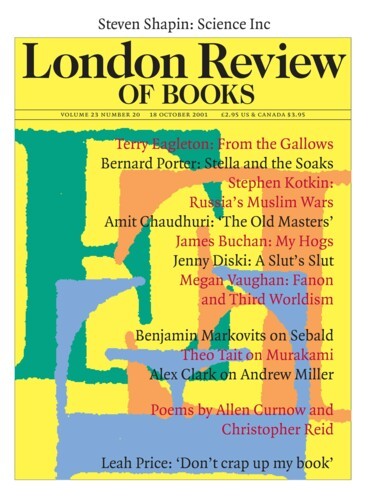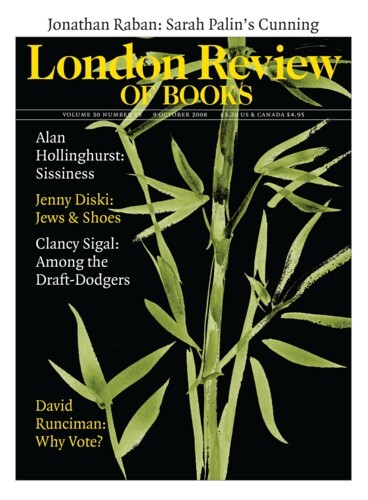Elegant Extracts: anthologies
Leah Price, 3 February 2000
Anthologies attract good haters. In the 1790s, the reformer Hannah More blamed their editors for the decay of morals: to let people assume that you had read the entire work from which an anthology piece was excerpted, she warned girls, was no better than lying outright. In the 1840s, less predictably, Engels took time out from The Condition of the Working Class in England to sneer at the anthologies littering the sofa tables of the Manchester bourgeosie. In the 1980s, the American poet David Antin charged that ‘anthologies are to poets as the zoo is to animals.’ More recently, Marjorie Perloff called for undergraduates to swear off Evian, in the hope that tap-water drinkers could afford unabridged books rather than hackneyed fragments.‘





